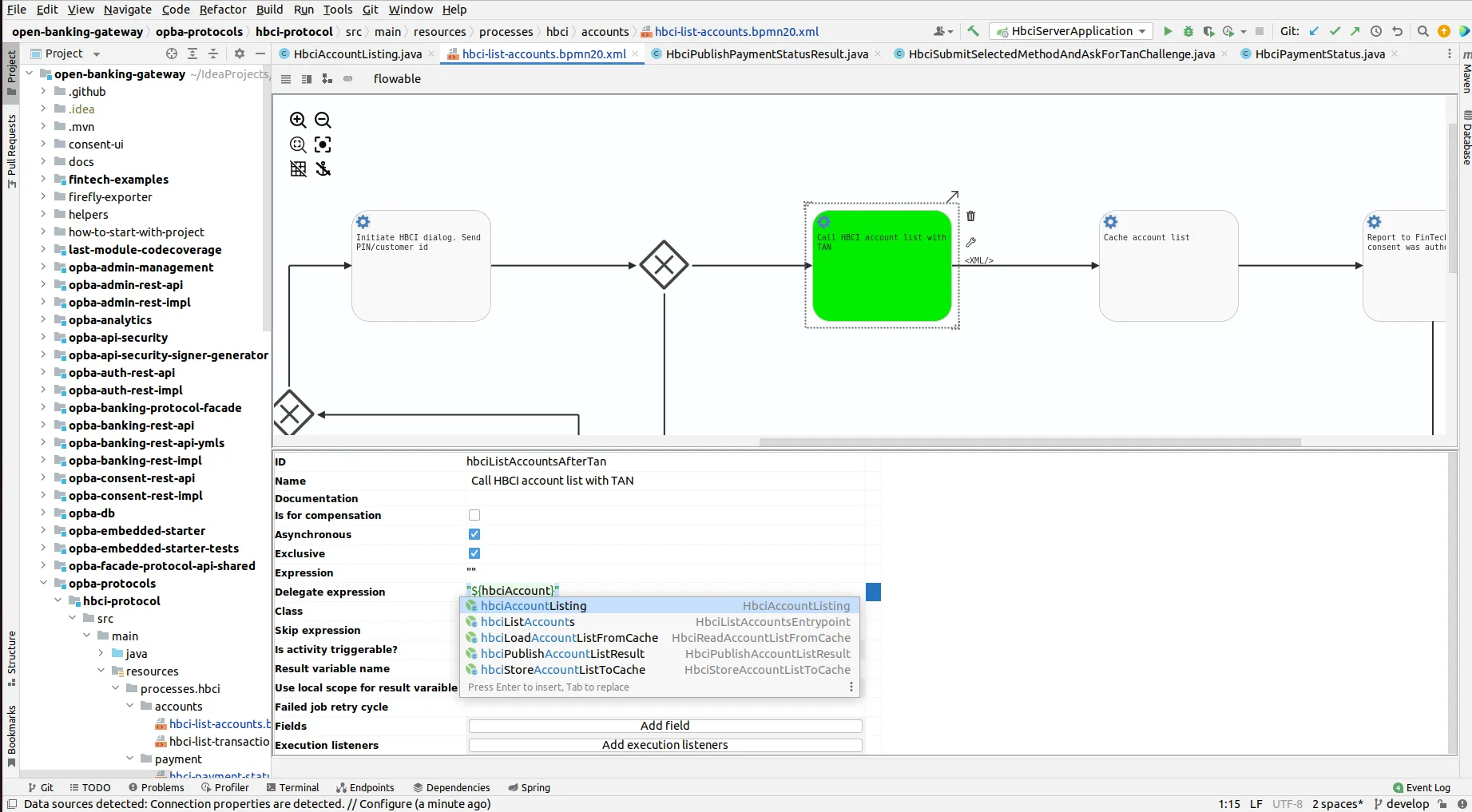DORA Compliance: Today’s Challenge, Tomorrow’s Advantage

DORA Compliance: Today’s Challenge, Tomorrow’s Advantage
Here's What You Need to Know
It's January 17, 2025, the EU’s Digital Operational Resilience Act (DORA) is here. Missing this key date isn’t just about regulatory fines; it’s about the operational and reputational risks that non-compliance could bring.
What is DORA?
DORA is a regulation introduced by the European Union aimed at strengthening the operational resilience of the financial sector. With financial institutions increasingly relying on digital systems, DORA ensures they can withstand, respond to, and recover from IT-related disruptions.
DORA applies to a wide range of entities, including banks, insurers, investment firms, and third-party IT service providers. The regulation focuses on key areas:
-
ICT Risk Management: Enforcing robust IT systems and processes to manage cyber and operational risks.
-
Incident Reporting: Requiring timely reporting of significant IT-related incidents.
-
Digital Operational Resilience Testing: Mandating stress and scenario testing of digital systems.
-
Third-Party Risk Management: Monitoring risks from outsourced service providers.
-
Information Sharing: Encouraging institutions to share cyber threat intelligence.
Why is DORA Compliance Crucial?
Being DORA-compliant isn’t just a regulatory requirement; it’s essential for protecting your organization’s financial stability, reputation, and customer trust. Here’s why compliance is important:
-
Customer Trust: With data breaches and cyberattacks on the rise, showing a robust resilience framework builds customer confidence.
-
Competitive Edge: Compliance signals operational maturity and can serve as a differentiator in the market.
-
Avoidance of Penalties: Non-compliance could lead to substantial regulatory fines and legal repercussions.
-
Business Continuity: Strengthening operational resilience ensures continuity during crises.
What Happens if You’re Not Ready by January 17, 2025?
Failing to meet the DORA deadline can have significant consequences:
-
Regulatory Fines: EU financial regulators can impose steep penalties on non-compliant organizations.
-
Operational Risks: Lack of preparedness increases exposure to cyberattacks, system outages, and other operational failures.
-
Reputational Damage: Incidents due to non-compliance can erode customer trust and stakeholder confidence.
-
Legal and Contractual Issues: Organizations may face challenges in renewing contracts with partners who require compliance.
GD Next support towards DORA compliance
As service and technology partner, GD Next offers comprehensive, tailored services to help organizations meet requirements of the Digital Operational Resilience Act (DORA).
Companies face unique challenges in maintaining a resilient IT infrastructure, such as limited budgets, smaller teams, and reliance on third-party services.
We on ensure your business's critical IT infrastructure is resilient, secure, and compliant with EU regulations.
Achieving DORA compliance requires a structured approach. GD Next supports in the key steps to DORA compliance:
1. Conduct a Gap Analysis
Guidance for the evaluation of your current IT and operational resilience frameworks against DORA requirements. Identification of gaps and prioritization of areas needing improvement.
2. Develop an ICT Risk Management Framework
Review and update or creation of an ICT risk management framework to identify, assess, and mitigate IT risks. This should include:
- Asset inventories.
- Threat and vulnerability assessments.
- Incident response plans.
3. Enhancement of Cybersecurity and Monitoring
Support in the selection and implementation of tools for:
- Real-time threat monitoring.
- Endpoint protection and network security.
- Access management, including multi-factor authentication (MFA).
- Access controls and monitoring tools to detect and prevent unauthorized activities.
4. Preparation for Resilience Testing
Establishment of a digital operational resilience testing program. This includes stress tests/ pen-tests, failover simulations, and chaos engineering exercises to ensure the systems are prepared for disruptions.
5. Focus on Incident Reporting
Set up of processes to detect, record, and report IT incidents promptly. Automation of the documentation of key metrics to meet DORA reporting obligations.
6. Manage Third-Party Risks
Support in developing or strengthening of a vendor management framework to:
- Evaluate risks from IT service providers.
- Include contractual clauses for compliance.
- Monitor vendors continuously.
7. Training for the Team
Training of employees on the importance of DORA compliance and equip them with knowledge to handle operational disruptions effectively.
Plan and execution of regular training sessions on cybersecurity, policies and operational best practices.
Final Thoughts
The time to act is now. Don’t let DORA day catch you unprepared — ensure your organization is resilient, compliant, and ready for whatever challenges the digital world may bring.
Contact us for more information.
Talk to our experts!
Sent successfully
Your message was successfully sent.
We will contact you as soon as possible





